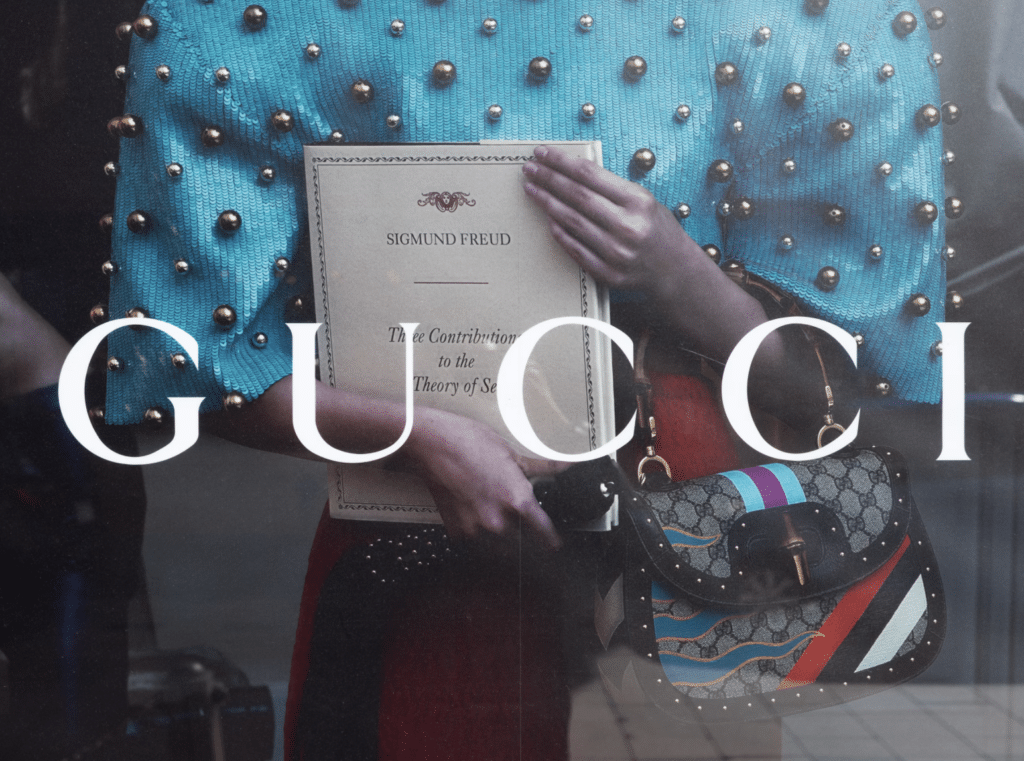With Britain’s revised departure date from the European Union just over a month away, companies are grappling with the reality that the nation’s fast-approaching leave from the 28-state political and economic union will come before an exit agreement is put in place. Of those expected to be impacted most: the British beauty and cosmetics industry stands to face sizable changes – from the labeling requirements for makeup to the marketability of “organic” skincare.
Beauty products and cosmetics from British companies – including as those from billion dollar companies, such as Charlotte Tilbury and Elemis, stalwarts like Rimmel London, and burgeoning indie labels S5 Skincare, Lixirskin, and The Inkey List, among others – that enter into any of the remaining 27 EU member states after the October 31 Brexit date will “face significant procedural changes,” says CMS Law partner Heike Blank, who specializes in unfair competition, pharmaceutical, cosmetics and trademark law.
While all goods delivered from England to the remaining EU member states “before the cut-off date will be deemed to have been placed on the market and can be sold without being subject to regulatory changes,” according to Blank, all British beauty products imported thereafter will need to abide by some new rules.
For instance, Blank notes that “to be distributed legally,” i.e., in accordance with EU Cosmetics Regulation 1223/2009, all cosmetic companies “need a ‘responsible person’ based in the EU” to essentially act as a legal representative for the brand and each of its products. EU law states that for products manufactured by companies located within the EU, the manufacturer is considered the responsible person. However, given Britain’s impending status as a non-EU member, British cosmetics brands will all need to formally appoint “responsible persons established within the [EU].”
Working alongside the cosmetics brands, these individuals – or groups of individuals – help to ensure that products placed on the EU market by non-EU brands are safe for use and compliant with the EU regulations, including its requirement that relevant EU authorities be notified ahead of new products being entered into the market, as well as its various labeling rules, restrictions of certain ingredients (EU bans some 1,328 chemicals from use in cosmetics), and treatment of claims regarding a product’s efficacy, etc.
Aside from each employing a “responsible person,” British brands can expect changes when it comes to product labeling. In the case of a No-Deal Brexit, cosmetics labels “will have to bear different information on the origin of the product since the item’s status will change from ‘EU’ to ‘non-EU,’” says Blank. More than that, brands that boast organic ingredients – such as Yorkshire-based brand Natalie Bond and its organic face oils, and London-based Skin & Tonic’s organic Rose Water spray – will need to have such claims verified by an EU entity.
“The body overseeing the [use of] organic [specifications] cannot be based in a third-party country,” per Blank. “Hence, even if the organic product originates in France, a British control body cannot attest to its status as an organic product meeting EU specifications.” If that is the case, she says, “the item will lose its EU marketability.”














